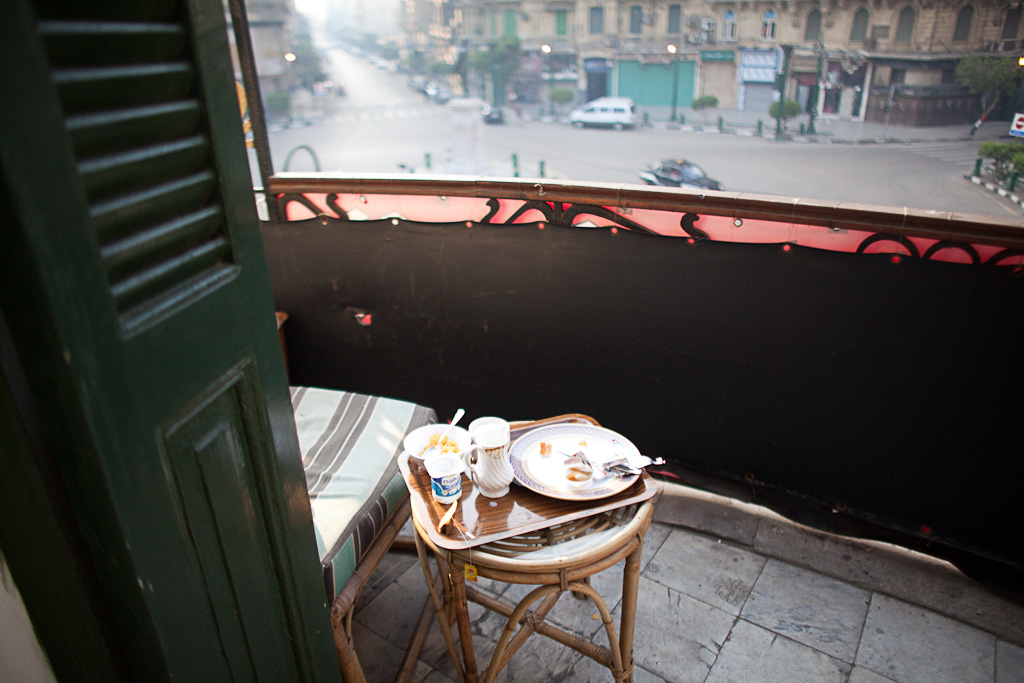In Cairo for a week of client research, workshops and keynotes – its good to be back in this great country – my fourth visit here. Working out of a downtown hotel, with a team of 6, plus three local guides – who we’ll sync with over breakfast, before hitting the streets. It’s good to have time to calibrate to the city – especially one that has gone through so much disruptive change – there’s freedom in the air, and most people that I’ve spoken to recognise that the hard work in building what-next is yet to come. Tahrir Square is alive with the sounds of debate, face painted kids, and the detritus of protest.
A critical aspect of any project is the ability to set and manage expectations – and often this is framed in terms of clients wants and needs. This week in Cairo comes with another set of expectation setting – helping colleagues and family understand what the team is up to, and appreciate that the news headlines represents a tiny slither of what is going on the ground. I’m not surprised at the number of emails expressing concern, and I know how easily events in a far away land can spiral into a cycle of rumours that elevate danger and risk.
Along time ago I realized that you should never ask the question to someone in the organisation if you’re not willing to listen to and act on the answer. The consequences of questions about security in any organisation is that someone’s job is (perceivably) on the line if things turn south – and organisations are inherently risk averse. This is a problem if the decision makers don’t understand the risks on the ground – hence the need to be proactive about setting the tone of the conversation.
The issues are more nuanced working for a nimble innovation consultancy like frog than for an 115,000 employee organisation like Nokia – frog thrives on pushing the boundaries – an understanding of opportunities and risk is inherent in our work and how we approach problems, and the advise we give clients.
So how to handle this on a business trip/field study?
Constant dialog in the team, providing the space to talk through any concerns – before arriving, on arrival, and through structured and more informal sessions
Having a strong local team on staff, and leveraging their insights of where to go when. (We can also pull on the client’s advise, but ultimately you need a local team who are responsible to you and the nuances of your needs)
Common sense in reading the situation on the ground. This takes time to calibrate, and on an individual level team members are erring on the side of caution.
Understanding that there’s always a bigger picture that goes well beyond personal and team’s ability to read the the situation. e.g. just because you’re with local doesn’t mean they know what is going on. It’s complicated. That’s what makes it interesting.
Appreciating the motivations of the media and security organisations in selling to their own agenda. I remember a quote for a security detail to take a team from Rio airport to our guesthouse came to over 4,000 Euros with translator, armed guards, decoy vehicle etc. An equivalent taxi costs 20 Euro. Elevating the perceived risk puts food on someone’s table. How to separate genuine advice from revenue generating bullshit?
Encouraging, appreciating and accommodating the need for family communication
Proactively keeping the execs and other key stakeholders abreast of our plans, and shifting the conversation from risk management to the purpose of our visit here – to deliver exceptional value to our client. Set expectations for communication turn-around times – the net can be kinda flakey here, whereas SMS responses times are good.
Provide visibility across the team to the organisation – the team is taking it in turns to send out a daily email-summary of what we’ve been up, signed by us all.
~
Frankly by far the biggest risk in a city like Cairo, Calcutta or Chongqing is being involved in a traffic accident, and this is an issue that is omnipresent every time you travel to an interview, cross the street. Cairo is still far safer for violent crime than Chicago, NYC or LA, comparable with many sleepy European cities.
The whole team recognises that its a privilege being in Egypt at this time.

One Trackback
[…] a intense and rewarding working week in the pocket, and with a little bit of organisational risk-management thrown in the weekend beckons. Kind logistical help from @ayouti and the strangely accurate spacial […]